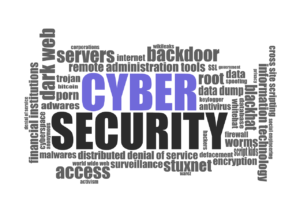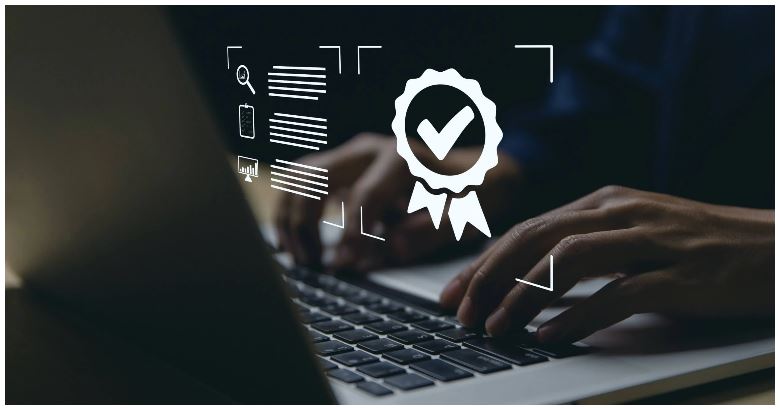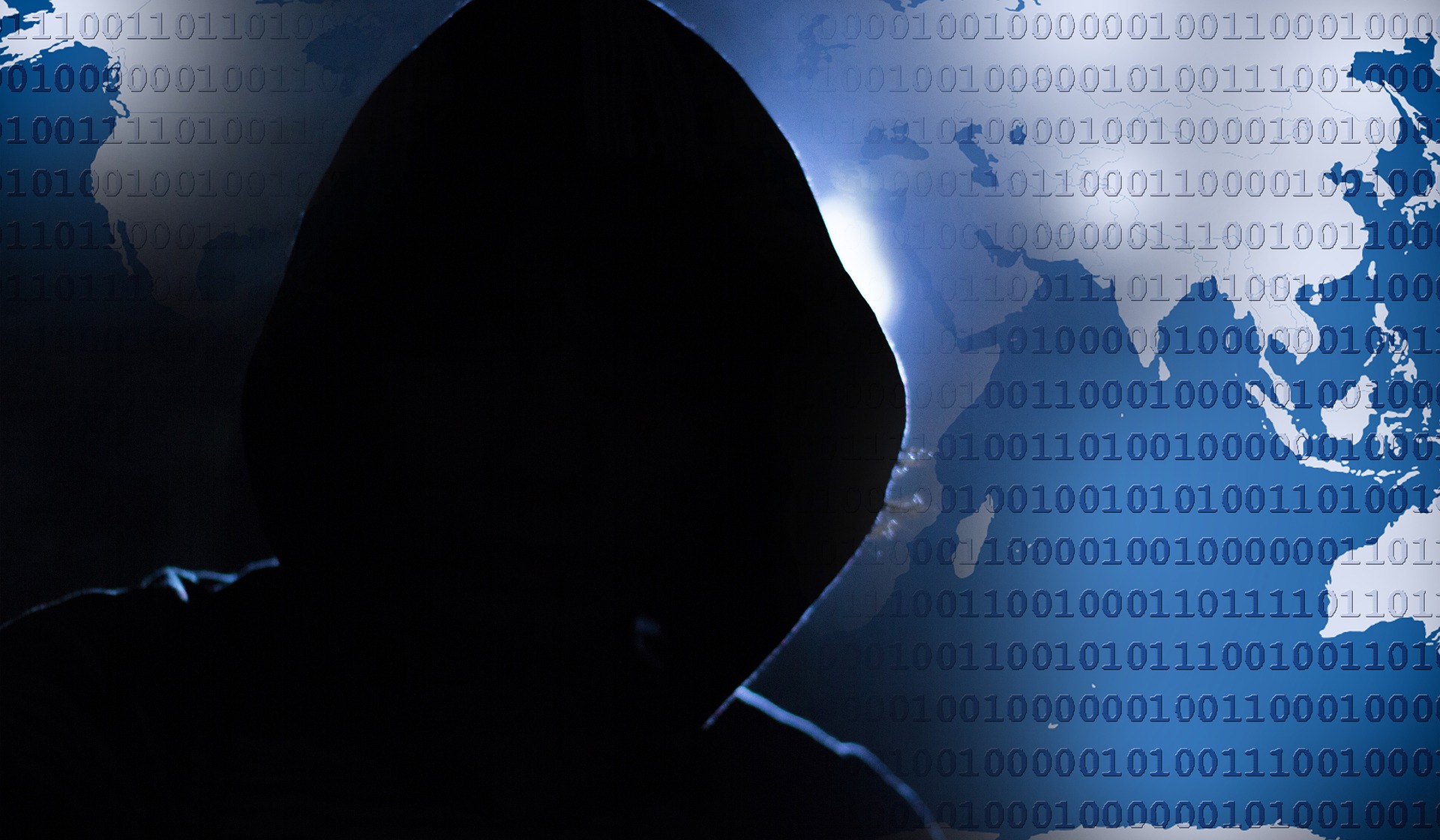From our experience understanding that various threat models confronting human rights defenders in Zimbabwe, DSA has been advancing some key recommendations including the fact that there is a need to strengthen individual and organizational cyber hygiene. CSOs tend to underestimate the impact of personal behaviors on overall organizational security. Organizational insecurity often starts with the weakest links being targeted or exploited. There is value in allowing for security assessments to be performed for the purposes of preventive and mitigatory interventions to be effectuated timeously.
There is also a need to meaningfully explore collaborative approaches to digital security, wherein CSOs and the private sector could perhaps work together to create a more secure digital environment in Zimbabwe. Collaboration can lead to the development of better security protocols, and the sharing of information about emerging cyber threats and best practices.
A notable gap in digital literacy in general also exists and needs to be plugged. Promoting digital literacy is essential to ensuring that all Zimbabweans can safely navigate the online world. CSOs could potentially partner with educational institutions and other stakeholders to incorporate digital literacy programs into the learning curriculum.






